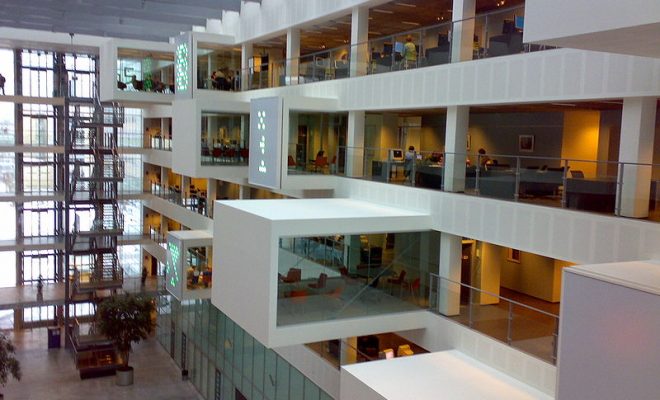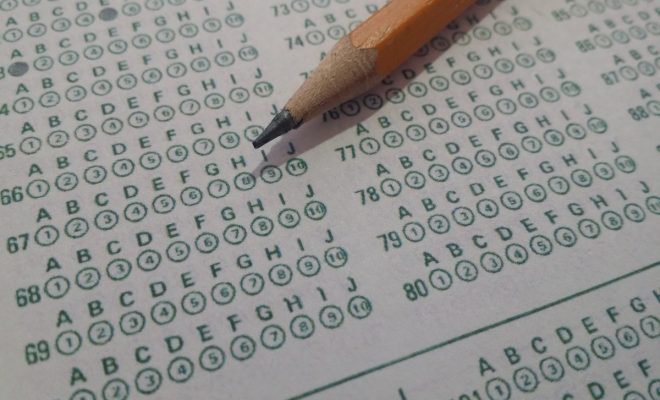Latest
-
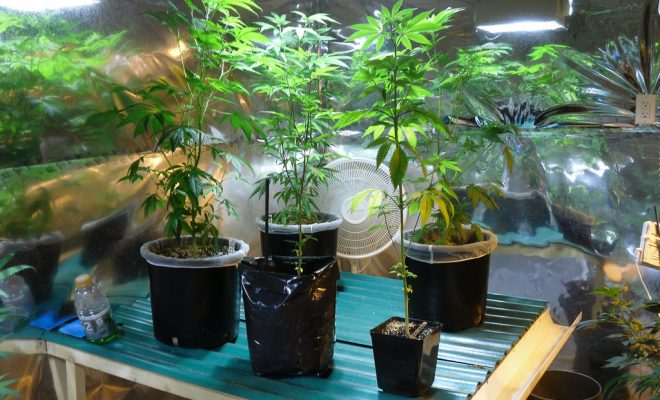
Cannabis in America
Did Instagram Change its Marijuana Marketing Policy?
Alexis Evans | August 24, 2017Social media may have just gotten a bit easier for marijuana businesses.
-

Energy and Environment
Dakota Access Pipeline Developer Sues Greenpeace, Other Activist Groups
Anneliese Mahoney | August 24, 2017The developer was not happy with those protests.
-
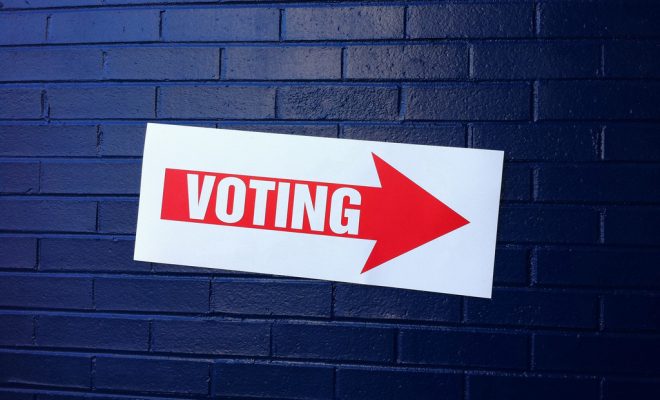
Law
Federal Judge Blocks Texas Voter ID Laws…Again
Alec Siegel | August 24, 2017The judge said the laws discriminate against minorities.
-

IP & Copyright
New Balance Wins Huge Trademark Case in China
Anneliese Mahoney | August 23, 2017New Balance kicked some butt in this trademark suit.
-

Schools
Top 10 Schools for Entertainment Law
Anneliese Mahoney | August 21, 2017Check out this year's rankings.
-

News
ICYMI: Best of the Week
Alexis Evans | August 21, 2017Check out Law Street's best of the week!
-

Crime
Research Finds Justifiable Homicide Rulings More Likely to Benefit White Americans
Kevin Rizzo | August 20, 2017Justifiable homicide is one area of the justice system where racial disparities often go unnoticed.
-
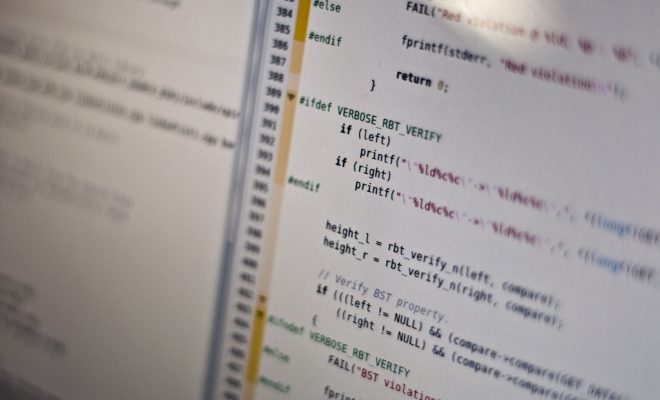
Technology
Why are Some Prisons Banning Inmates From Teaching Themselves to Code?
Alexis Evans | August 19, 2017Ohio and Michigan prisons ban books that aim to teach computer programming skills.
-

RantCrush
News Quiz, News Quiz, Get Your News Quiz!
Anneliese Mahoney | August 19, 2017See how you do!
-

Crime
Possession of Small Amount of Drugs No Longer a Felony Offense in Oregon
Marcus Dieterle | August 18, 2017Oregonians may now be charged with a misdemeanor for possessing small quantities of drugs.
-

Law
Comedian Sues the Daily Stormer for Accusing Him of Manchester Terror Attack
Emma Von Zeipel | August 18, 2017He's accusing the white supremacist site of defamation.
-

Sports
Ezekiel Elliott’s Accuser Admitted to Suggesting Blackmail Over Sex Tapes
Alexis Evans | August 17, 2017The Dallas Cowboys running back is appealing his six-game suspension from the NFL for domestic violence.
-

Technology
Tech Companies Dump White Supremacists
Anneliese Mahoney | August 17, 2017It's about time.
-
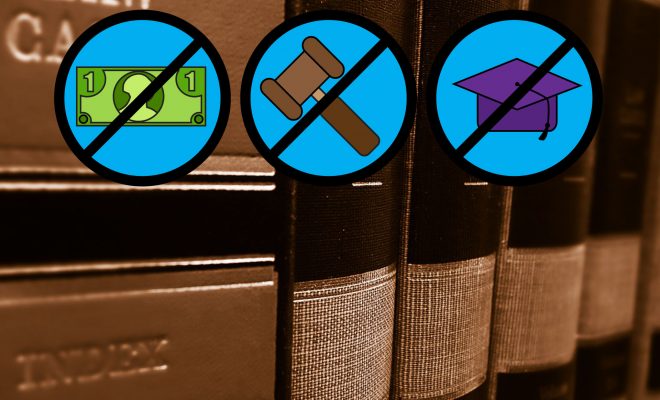
Schools
Charlotte School of Law Closes
Anneliese Mahoney | August 17, 2017Charlotte Law is the second to close this year.
-

RantCrush
RantCrush Top 5: August 17, 2017
Emma Von Zeipel | August 17, 2017RantCrush is a better forward than a racist email.
-

Humor
“Before the #Liberals” Meme Trolls Actor With Wacky Monuments
Alexis Evans | August 16, 2017Leave it to the trolls to remind us what's really important...memes!
-

Law
South Carolina Sues OxyContin Maker over Opioid Crisis
Delaney Cruickshank | August 16, 2017The suit claims that Purdue Pharma falsely marketed the drugs as nonaddictive.
-

Cannabis in America
Marijuana May Not Actually Help with PTSD or Chronic Pain
Alexis Evans | August 16, 2017Two new studies cast doubt on medical marijuana's effectiveness at treating common conditions.
-

Law
What Happens When the First Amendment Is Used to Protect Hate?
Marcus Dieterle | August 16, 2017How do we combat white supremacist language when hate speech is protected under the First Amendment?
-
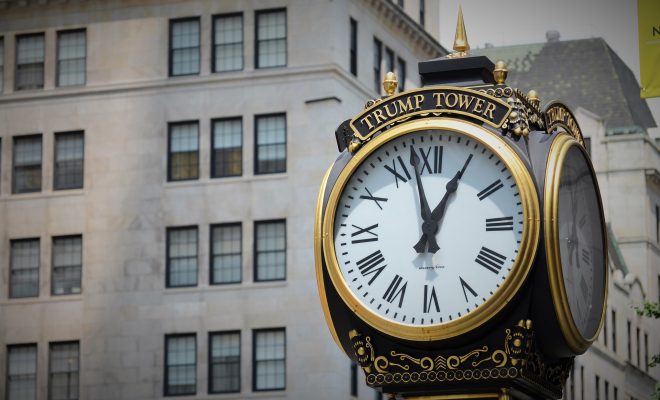
RantCrush
RantCrush Top 5: August 16, 2017
Emma Von Zeipel | August 16, 2017A presidential tweet done right...for once.
-

Entertainment
Taylor Swift Vindicated With Groping Lawsuit Win
Anneliese Mahoney | August 15, 2017She won a symbolic victory for women everywhere.
-

Society and Culture
Father of Charlottesville Rally Participant Denounces “Hateful” Son
Avery Anapol | August 15, 2017Peter Tefft had been called a Nazi online and on posters in his hometown.
-

RantCrush
RantCrush Top 5: August 15, 2017
Emma Von Zeipel | August 15, 2017GoDaddy says GoAway to the Daily Stormer.
-

Weird News
Did a Danish Inventor Kill a Female Journalist on His Homemade Submarine?
Emma Von Zeipel | August 15, 2017You have to read this story to believe it.
-

Cannabis in America
Hawaii’s First Marijuana Dispensary Has Already Run Out of Weed
Alexis Evans | August 15, 2017Is this Nevada all over again?


